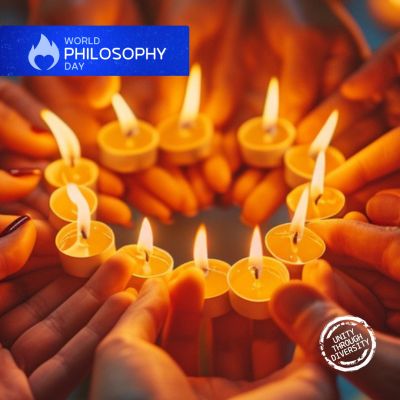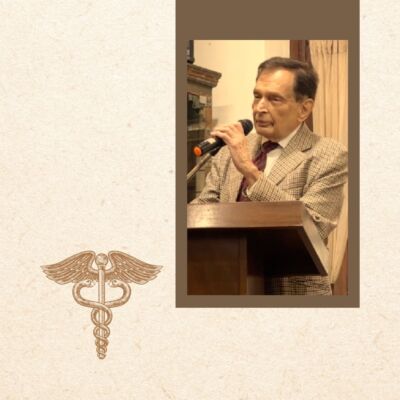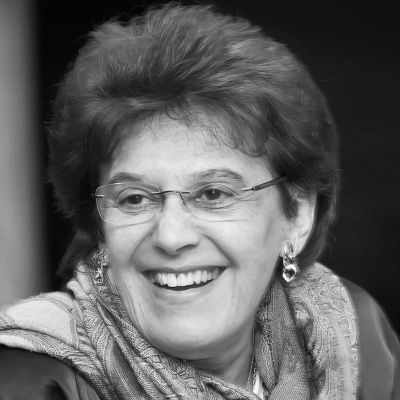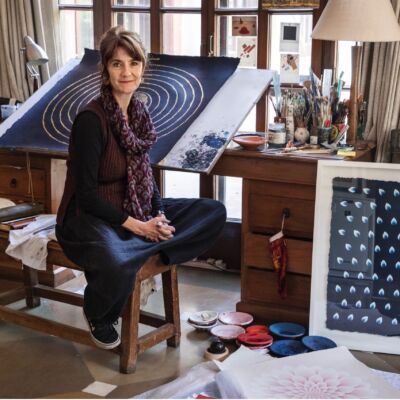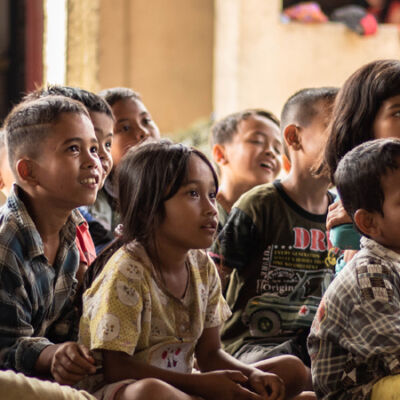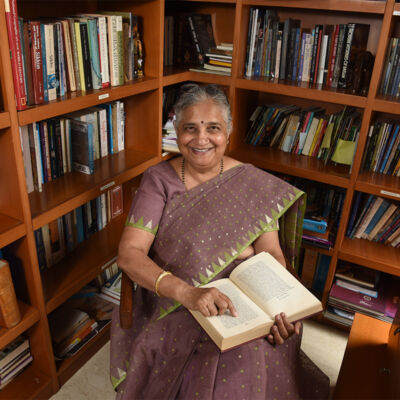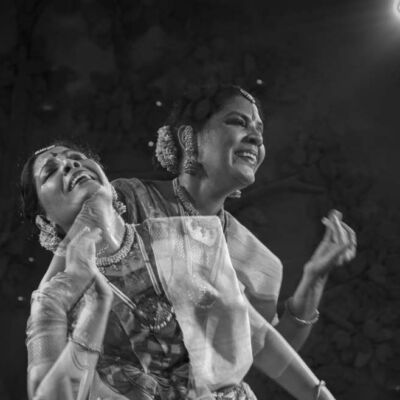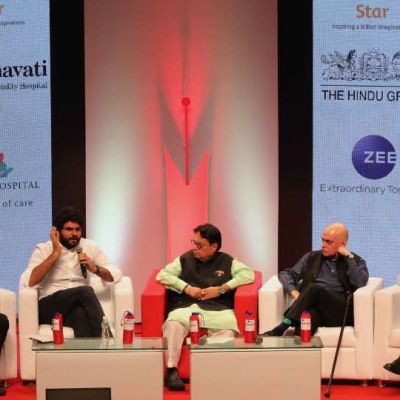INTERVIEWS
By establishing World Philosophy Day, UNESCO has underlined the enduring value of Philosophy as a discipline that can transform individuals & societies, by developing critical thinking, & responding to the various moral and social challenges facing the world today. New Acropolis International celebrated this day with the theme Building unity through Diversity, in over 500 branches across 50 countries.
Born in Mumbai, trained in Moscow and London, Fali Pavri is the Associate Head of Keyboard and the Professor of Piano at the Royal Conservatoire, of Scotland. He joined a New Acropolis Culture Circle audience in Mumbai through a video conference call, from Glasgow, where he both spoke and played for us, passionately, from his heart. Here are excerpts from the insightful conversation…
In March 2022, New Acropolis Culture Circle hosted renowned physician, author and Padma Bhushan awardee Dr. Farokh Udwadia at our Mumbai center. Dr. Udwadia has contributed to
many National and International publications, and written several books, one of which is TABIYAT: Medicine and Healing in India. He has spoken out strongly about how humanizing medicine will engender greater empathy and create a stronger bond between the doctor and patient, a vital precondition for optimal healing.
In 1991, Delia Steinberg took over the presidency of New Acropolis following the death of its founder, Jorge Angel Livraga Rizzi, under whose guidance she had worked very closely over a period of more than 20 years.
She is currently Honorary President of the International Organisation New Acropolis.
Under Delia’s leadership, New Acropolis has expanded across the five continents, bringing Philosophy in the Classical Tradition closer to a wide range of people. This development has been implemented through its philosophical, cultural and volunteering programmes, which have provided new approaches while at the same time going deeper into the identity of New Acropolis, as defined in its founding principles. Thousands of Acropolitan members, friends and supporters from all around the world are living proof that the philosophical answers New Acropolis offers in response to the complexities of our times are valid and necessary, since they are based on the values of timeless wisdom, which has enlightened humanity at its most difficult moments.
For centuries art has been a natural means to express one’s inner journey – be it as a community or as an individual search. So has it been for Olivia Fraser, who has used her art to uplift, to produce wonder and beauty, and to find the ‘inner essence’ of things.
Olivia Fraser moved to India in 1989. Initially she was a travel painter before apprenticing with miniature and Pichwai artists from Jaipur, where she learnt their rich, rigorous and intricate tradition. The influence of Nathdwara Pichwai painting and early 19th century Jodhpuri painting,
New Acropolis Culture Circle recently interviewed Professor Thakur S Powdyel, Bhutan’s first democratically elected Minister of Education (2008-2013). An educator by choice, conviction and passion, he is respected for moving Bhutan towards fulfilling the country’s constitutional mandate for education. As a recipient of numerous international awards such as the Gusi Peace Prize and the Global Education Award,
Extracts from an evening hosted by New Acropolis Culture Circle. Philanthropy can be a bridge between the ideal of fraternity and its material manifestation. Imagining a better world, with a greater sense of fraternity is intuitively appealing to many. Yet, to make a personal sacrifice in order to create that better world, is the choice that we make less often than is needed.
In this light, it is relevant to ask – what drives one to share with that urgent sense of duty? Does one need money and power to be a philanthropist? What is the relationship between our choices and our identity?
Ramaa Bharadvaj is a celebrated dancer, choreographer, storyteller, educator, writer and arts-curator. She has lived and worked in the US for 32 years, where she was the recipient of numerous prestigious awards for choreography, as well as for her exemplary contribution to the Arts in California. She has served on the boards of both state and national arts agencies and has been a visiting faculty member of various reputed universities, while her essays and cultural commentaries have been published by leading publications.
What is the primary ethical obligation of the press? Is it not to seek the truth, actual facts, and to present it as objectively as possible? Yet, the facts alone are not the whole truth. Given the facts, there is a need to apprehend context, connect the dots, discern patterns, and collate them into statements of cause and effect using the highest standards of ethics. Can we ask this of journalists and newspapers? Must we not demand from them professional ethics, diligent verification of facts, training in methodology, and an unswerving loyalty to the truth?



